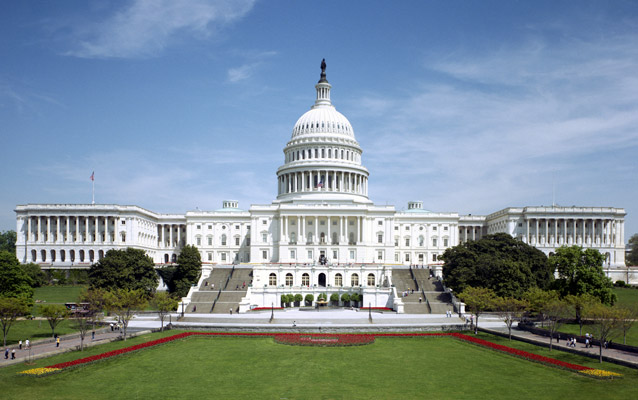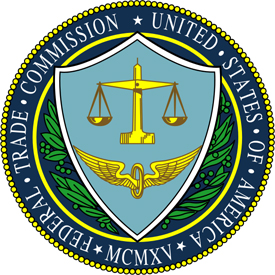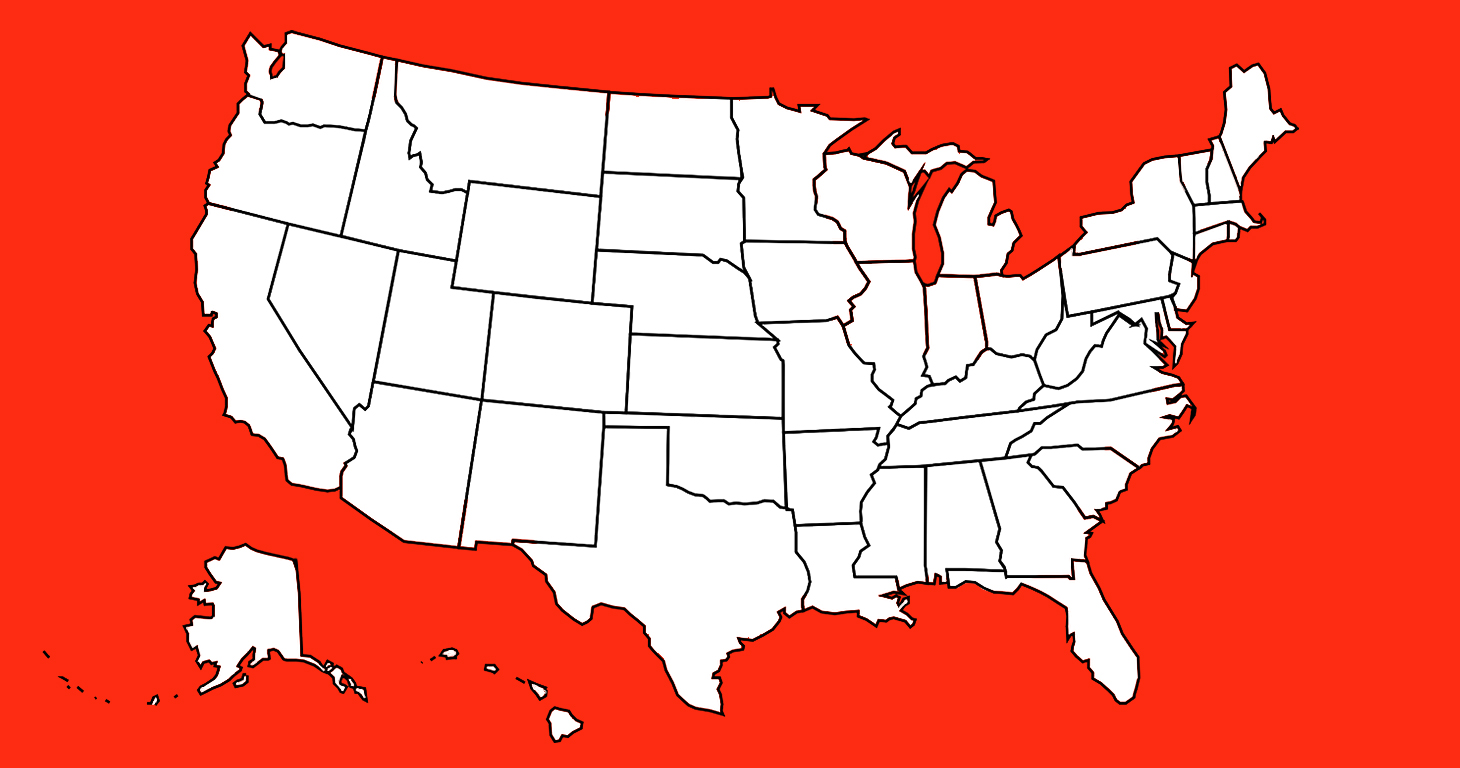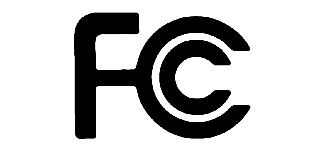
Federal Trade Commission
The Federal Trade Commission (FTC), which was created in 1914, is a federal agency that is tasked with promoting consumer protection. One of the central ways it does this is by regulating the advertising industry.
 Federal Trade Commission
Federal Trade Commission
Consumer Response Center
600 Pennsylvania Avenue, N.W.
Washington, D.C. 20580
Phone: (877) FTC-HELP (382-4357)
http://www.ftc.gov/consumer
The Federal government agency charged with enforcing various consumer protection laws and overseeing identity-theft related matters. Information on the FTC’s identity theft programs can be found at www.ftc.gov/idtheft. (FTC), which was created in 1914, is tasked with promoting consumer protection by combatting “unfair and deceptive acts or practices.” The central ways it does this is by regulating the advertising industry, and bringing enforcement actions.
What kinds of ads does the FTC regulate?
The FTC has jurisdiction over ads for most products and services (and, in many cases, shares jurisdiction with other federal agencies, such as the FDA, the TTB, and the USPIS). However, in certain circumstances (e.g., ads by airlines, banks, insurance companies, common carriers, companies that sell securities and commodities, and prescription drug companies), the FTC typically defers to other government agencies that have been given specific authority to investigate those kinds of ads.
How does the FTC combat deceptive ads?
The main way the FTC deals with deceptive ads is through administrative proceedings and federal court actions. That said, the FTC does not have the authority to fine or bring Punishment for violating criminal laws. against companies or individuals that engage in deceptive advertising. To access FTC actions, click here.
The FTC also regulates the ad industry through its rule-making authority. To check-out FTC rules, click here.
Does the FTC take consumer complaints?
Yes. The FTC welcomes consumer complaints regarding false advertisements. (For help filing a complaint with the FTC, click here). However, the FTC does not resolve individual consumer complaints, but rather focuses on “high priority areas.”
Also, the FTC’s consumer-complaint database – the “An online database of consumer complaints that’s managed by the Federal Trade Commission and made available to consumer protection and law enforcement agencies in the United States and abroad.” or “CSN” – is accessible only to the FTC and other law enforcement agencies. Consumers cannot access the database, and are not provided with specific information about the contents of the network.
Feel like your head is spinning?
We know it can get confusing when trying to figure out which agency regulates a certain type of advertisement. For a topic-by-topic breakdown of agencies, click here.
You Might Be Interested In


State-by-State Resources
Where you can file complaints or research a business in your state.

Federal Communications Commission
The Federal Communications Commission (FCC) regulates communications by radio, television, wire, satellite, and cable in the U.S.